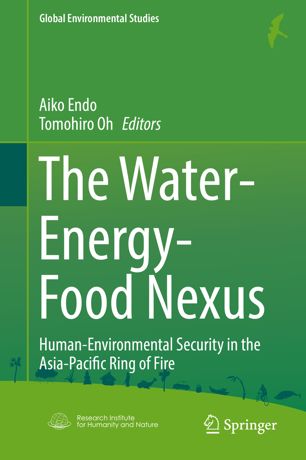

Most ebook files are in PDF format, so you can easily read them using various software such as Foxit Reader or directly on the Google Chrome browser.
Some ebook files are released by publishers in other formats such as .awz, .mobi, .epub, .fb2, etc. You may need to install specific software to read these formats on mobile/PC, such as Calibre.
Please read the tutorial at this link: https://ebookbell.com/faq
We offer FREE conversion to the popular formats you request; however, this may take some time. Therefore, right after payment, please email us, and we will try to provide the service as quickly as possible.
For some exceptional file formats or broken links (if any), please refrain from opening any disputes. Instead, email us first, and we will try to assist within a maximum of 6 hours.
EbookBell Team

0.0
0 reviewsThis book highlights the water-energy-food nexus as one of the most important and fundamental global environmental issues facing the world. Climate and social changes are putting increased pressure on water, energy and food resources. As water is the central aspect within this cluster, the book focuses on the inherent tradeoffs in water resources between producing/consuming energy and food. In addition, it discusses an inter- and trans-disciplinary approach to understanding the complexity of the water-energy-food nexus system, and creating policy options to reduce the tradeoffs among resources.
The content integrates a variety of academic disciplines, including not only the natural sciences (e.g. hydrology, coastal oceanography, costal aquatic bioscience, fisheries, environmental earth science etc.) but also the humanities and social sciences (e.g. marine policy, environmental energy policy, resource governance, policy process theory etc.). The book can be used as a textbook for undergraduate and graduate-level sustainability science courses. Further, its practical content and trans-disciplinary approach to addressing nexus issues with stakeholders offers vital information for practitioners and administrators alike.